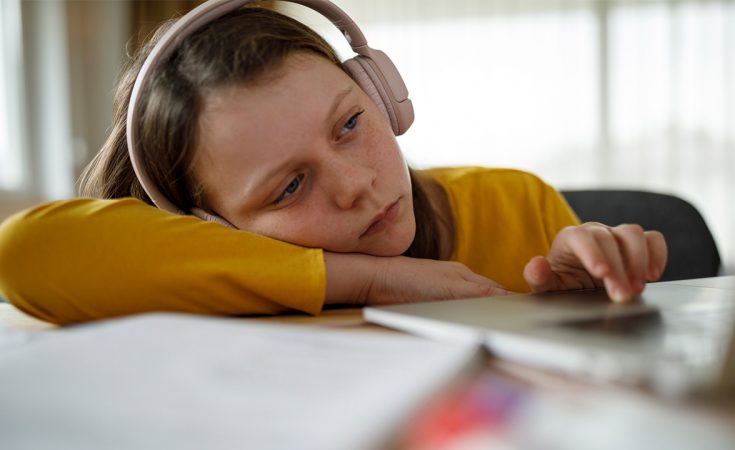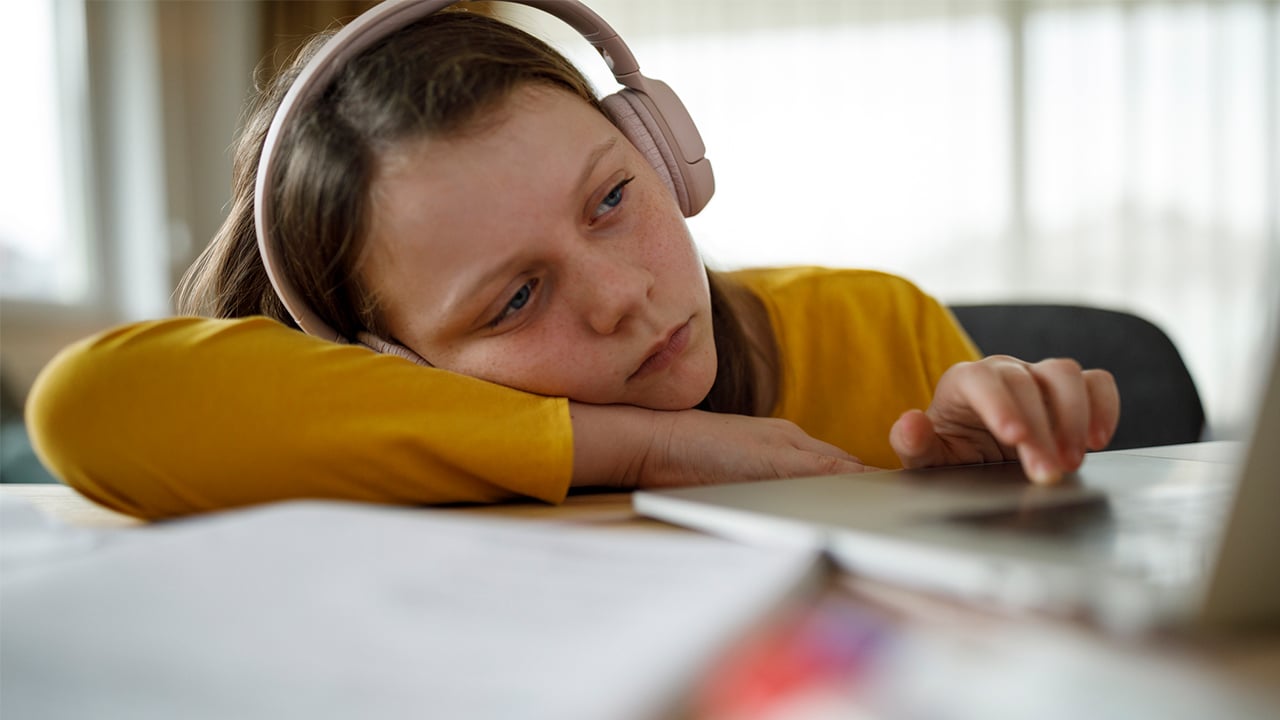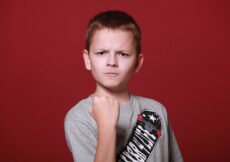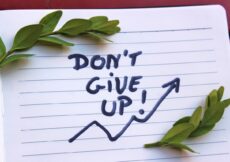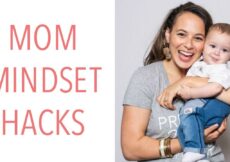I’m thankful the vaccine prevents serious illness. But I’m just so sad for kids, who were promised a sense of normalcy after getting their vaccines and are instead back at square one.
“How did the kids react when they found out they were going back to online school?” my mom messaged me.
“Honestly, I don’t think anything could faze them at this point.”
It was a grim realization. Almost two years into this pandemic, my kids seem to have developed somewhat of a self-protective shield: Don’t get too excited about something, because it might not happen. In fact, my kids are so used to things not working out, to plans being changed, to not getting to live their lives like kids should that they barely blinked an eye when they heard our premier, Doug Ford, announce just two days before school was going to start that classes would be online instead. Their non-reaction was even more unsettling considering that the government had, just four days prior, announced schools WERE going back in person, two days late but with enhanced safety measures in place.
It’s almost like they saw through that promise from the start.
Before kids were vaccinated—heck, before anyone was vaccinated—I understood the need to reduce transmission and while it seems even experts can’t agree on what role schools play in spreading COVID, and how worried we should be if our kids get it, on some level it made sense that not allowing groups of 20 or 30 unvaccinated kids to gather every day could be helpful, although far from ideal.
It’s a cruel twist of fate though, that just as kids across the country were getting their vaccines, a new fast-spreading variant roared in, taking away any hope they had of a return to normalcy. When my boys’ older sister got her vaccine in the summer, they watched her gain a few things back that had been taken away by the pandemic, like a few, vaccinated friends being allowed to come over and hang out inside. This motivated the younger two to get vaccinated—that and because they knew they’d be protected from COVID, something they desperately wanted.
So while they don’t love needles, they gamely rolled up their sleeves as a nurse poked them in the arm in late November. “When can I get my second?” my son immediately asked, anxious to be fully vaccinated and start to move on from this chapter.
It seems surreal now to think back to all those kids across the country plastered over social media a month ago, posing in front of “I got my COVID vaccine” selfie signs, clearly grinning behind their masks. They were proud to protect themselves and their communities, excited to get back to indoor playdates, vacations, and what many of us thought was an almost sure-fire guarantee that schools and activities would stay open.
But instead, kids in almost every province and territory are now stuck at home again, some on extended winter breaks, others under the guise of a week or two of remote learning that everyone knows could stretch on much longer. Hospitalizations are going up, even among kids, and two Ontario children under ten have died with COVID-19 in the past two weeks. My youngest looked up at me the other day with pleading eyes. “Remember when you said once I was double-vaxxed, I could have an indoor playdate? Well, can I?” I just stared back at him, unsure how to answer.
What happens to kids when they learn you can’t count on anything?
I’m so mad at government leaders who have failed to make schools a safe place to learn, who ignored warnings of Omicron’s surge and allowed packed stadiums and bars at mine and other kids’ expense. I’m so frustrated that we haven’t done enough to vaccinate large parts of the world, and that the virus has been allowed to mutate so freely, causing new variants that have the ability to wreak havoc.
But mostly I’m just so sad for kids, who were promised a sense of normalcy after getting their vaccines and are instead back at square one.
The night before school started, instead of spending the evening finding backpacks and lunch bags we wrote out everyone’s schedule for the next day. Our three kids go to three different schools, which means three start times, three different breaks for lunches and various recesses and nutrition breaks throughout the day. “Pick your recess snacks in the morning,” we advised. “We’ll see you at lunch.”
My kids, bless them, are taking this latest round of e-learning in stride—a far cry from almost two years ago when their lives first got thrown upside down, when they got pulled out of daycare and school and didn’t return for months (they never did return to that daycare). Back then, we would find them rolling on the ground whining, unsure what to do with themselves. My youngest hated video calls with a passion, and attended a total of two with this classroom from April to June. My younger two actually claim to like online learning now. (“You get to stay in your pajamas and eat snacks all day.”) But the truth is, they change when they’re isolated indoors all day staring at the screen. They anger more easily. It becomes harder to pry them away from the tech to go outside or play a game. They lose a sense of time and with it, a sense of purpose.
Of course, we’ll try to find small pleasures where we can. Next week, we’ll resume our take-out Tuesdays, where we order lunch from a local restaurant. We’ll make donuts or sticky buns, as a throwback to April 2020. We’ll definitely play too many video games. We’ll all get tired eyes—the kids from being on their screens during the day, the parents from staying up late, trying to make up lost work time.
But I won’t forget my kid, who stood outside for almost three hours in late December for his second COVID shot. His motivation: if he got it that day, he’d be what he’s termed “fully activated” on his birthday, the day he turned 11. He was nine when COVID started. As a reward, we’re going to let him have a friend over for a sleepover birthday party, something he’s only been able to dream of for almost two years.
Kids might be an afterthought to those in power, but in our house, their sacrifices throughout the pandemic have made them heroes.

